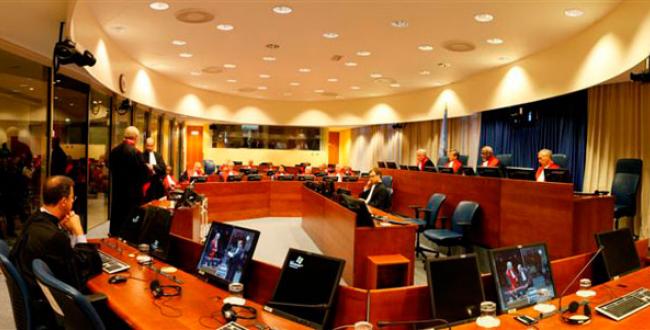Today’s Parliamentary debate about Rupert Murdoch – “hanging the Great Satan out to dry” was the way one writer put it – was the day of come-uppance that MPs have been eagerly awaiting ever since the newspapers shamed them over their expenses. It was pay-back time with a vengeance. The phone-hacking scandal has been a God-given gift for those who hate Murdoch and the pernicious influence they believe he exercises over British politics and media.
Phone-hacking by the News of the World – and by other papers too – goes back at least a decade. Yet it is only in the past ten days that it has really taken off politically. I attended a lunch in London on July 4 with the Culture Secretary, Jeremy Hunt, at which it was clear that he expected Murdoch’s BSkyB bid to be waved through. When he got back to his office that afternoon, however, he would have heard the reports that Milly Dowler’s mobile had been tapped by the News of the World – and from then on events careered out of the government’s control.
David Cameron has been the opposite of sure-footed in his handling of the whole affair and has allowed Ed Miliband to drive the agenda. In May, Cameron rejected the idea of a public inquiry into the phone-hacking. On July 6 he announced that he would be setting one up. There was no need for it to be headed by a judge, he said. Two days later, he announced that a judge would lead the inquiry. On July 6 he repeated that Murdoch’s BSkyB bid could not be referred to the Competition Commission. On July 11 it was referred. On July 12 he went further and supported Miliband’s motion that Murdoch should drop the bid altogether.
The Prime Minister has been embarrassed, of course, by his closeness to the Murdoch organisation, especially by his hiring of Andy Coulson, who was Editor of the News of the World at the time of the phone-hacking, as Director of Communications, and by his friendship with Rebekah Brooks, now chief executive of News International and a former Editor of both the Sun and the News of the World. Miliband, for the first time since he became Opposition leader, has exploited Cameron’s weakness brilliantly.
The main reason that the saga has been so prolonged is the incompetence of the first police inquiry in 2006. The performances of the police chiefs in charge of it, John Yates and Andy Hayman, before the Home Affairs select committee this week were woeful. There now has to be an inquiry into the failings of the first police inquiry. Another reason why the affair was never allowed to die was Coulson’s move into Downing Street. Had he ceased to serve Cameron after the general election, which was his original intention, there would have less media pressure on the Prime Minister.
The fall-out from the scandal will be very wide. More reporters from the News of the World will be going to jail, along with some newspaper executives. News International bosses may be charged with destroying evidence or lying to the police. Other newspapers may also be found to have committed crimes. News International will not be allowed to have BSkyB. News Corp and James Murdoch may face charges from the American regulatory authorities. An angry Rupert may decide to get rid of his British newspapers altogether. A new form of press regulation is bound to follow.
This last prospect is a matter of great concern to editors and journalists who deplore the phone-hacking at the News of the World but don’t want to come under any form of state control. There is a worry that MPs, in their excitement at having trapped Murdoch at last, might press for a form of regulation that limits the freedom of the press to investigate abuses.
The name “Calcutt” has been surprisingly missing from the debate so far, probably because the Ministers involved are so young that they don’t even remember the reports by Sir David Calcutt into press regulation in 1990 and 1992. It was after a similar case of media misconduct – invading the hospital ward of actor Gordon Kay, of “Allo, Allo” -that the Calcutt inquiry was set up to protect people’s privacy.
The inquiry concluded that the Press Council was inadequate as a regulator and set up the Press Complaints Commission instead. The new body was to be given a year to get moving; if it failed, the report recommended that statutory controls be introduced, with a judge and two assessors given the power to fine newspapers for misconduct. Tougher laws were proposed about harassing people on private land. Cameron has already said that the PCC should go. It would be no surprise if Lord Leveson, the judge in charge of the new inquiry, were to take Calcutt’s proposals as his starting point.
It should be remembered, however, that it wasn’t Parliament or the police who exposed the phone-hacking sandal, but the press itself – led by the Guardian and supported latterly by the Independent and the Financial Times. I thought at times that the Guardian was becoming hysterical about the affair, and was motivated by hatred of Murdoch and Cameron, but their persistence has now been vindicated. The lesson is that the press should be left to sort out its own scandals. Somehow, though, I doubt if it will be allowed to.
Posted: 13 July 2011




